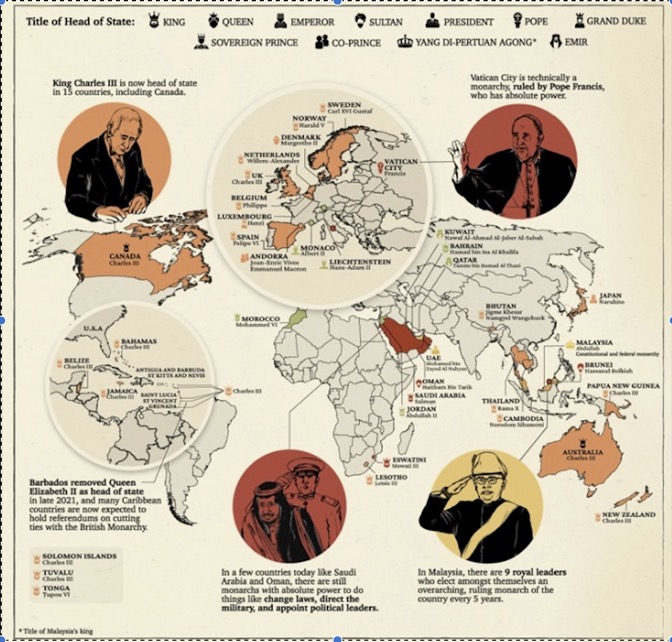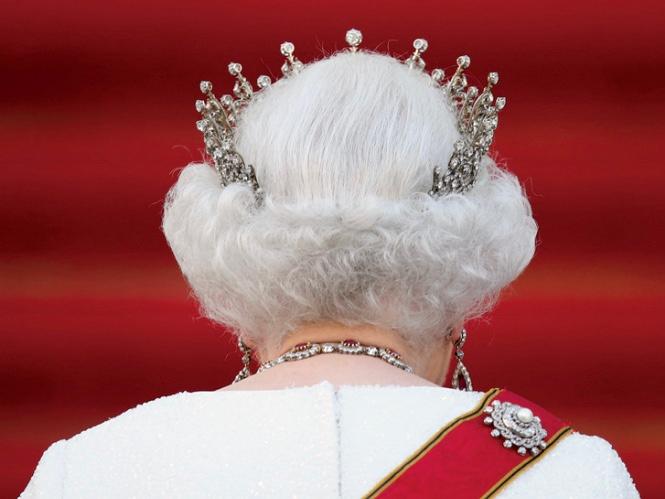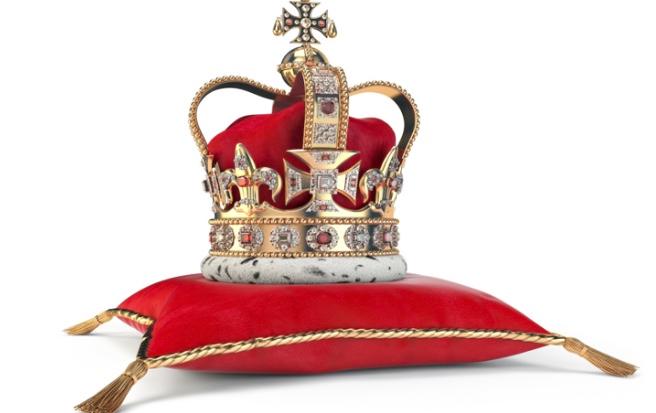By Polina Pallieraki,
Recent developments with the British royal family bring back the question of the role of the monarchy in modern democracies.
One of the paradoxes of Europe is that it maintains a significant number of monarchies.
In fact, of the 44 states in the world headed by a monarch, 12 are in Europe. In fact, the concentration of monarchies in Europe becomes even more impressive if we consider that the total number of states that are formally considered monarchies includes all 15 Commonwealth member states that recognize Queen Elizabeth II of the United Kingdom of Great Britain as their formal sovereign and of Northern Ireland.

The survival of the monarchy
The survival of the monarchy is mainly due to the different political paths followed in Europe in the 19th and 20th centuries. In some countries, we met, through intense political conflicts and confrontations, which included the great wars of the 17th century, the “Glorious Revolution” of 1688 in Britain, the French Revolution but also the great political conflicts of the 19th century the transition from absolute monarchy in constitutional monarchies.
In some cases, the survival of the monarchy also represented a compromise between the landed aristocracy and the industrial and commercial bourgeoisie.
Furthermore, colonialism and the transformation of monarchies into empires utilized the figure of the monarch–emperor as a unifying element of the new colonial empires.
Monarchies for ceremonies and symbolism
Modern European monarchies generally do not have any political role and are mainly concerned with the various big ceremonies as well as scandal-hunting magazines or magazines that are specialized in covering the life of the monarchs.
Proponents of preserving the institution of the monarchy mainly stand on how within the modern democratic order, the monarchy can function as a symbolic unifying point in the constitutional order even if it cannot take any initiative while at the same time being one of the symbols of the nation by analogy to the flag or national sports teams.
Most royal families have generally adapted to this role with an increasingly discreet public presence and an effort for their members to play the role of patron of widely accepted causes and demands from philanthropy to ecology.
At the same time, they are under the constant burden of publicity. The mass press, newsreels, radio, and television greatly helped monarchs to play this ″symbolic″ role, making them a familiar image.
The dangerous relations with the economy and politics
But at the same time, there are also dangers for the modern monarchy. There is no need to emphasize “bad publicities” from the various “misdeeds” of the various heirs (although some may trigger political costs such as Prince Harry’s earlier choice to wear a Nazi costume to a Halloween party), as it has appeared that they can endure. Mainly the problems concern the relations with the institutions of the economy and the political interventions.
The predicament of monarch candidates
The status of the successor is particularly pressing. The constant exposure to publicity and scandal-mongering, the severe restrictions on personal choices, and the strictly prescribed career can be a heavy burden, especially if we consider that e.g. the members of the British royal family make a total of about 3800 public appearances a year.

The limits of continuous adaptation
It is evident that the European-style monarchy has proven to be a particularly resilient institution, especially since it has lost its political role and acquired the symbolic representation of the unity of the respective states, alongside an enhanced presence in matters of concern to “civil society” such as charity, solidarity or ecology.
However, at the same time, it is not certain that it will be able to be maintained indefinitely. This applies mainly to countries where their overall unity is even partially called under dispute.
References
- Which countries still have monarchy? visualcapitalist.com. Available here
- Monarchy’s Role. royal.uk. Available here
- The monarchy today. kongehuset.dk. Available here




